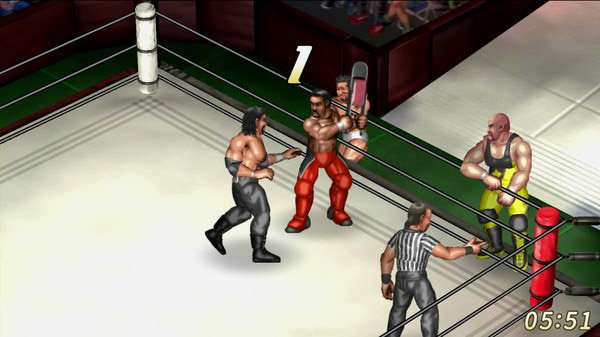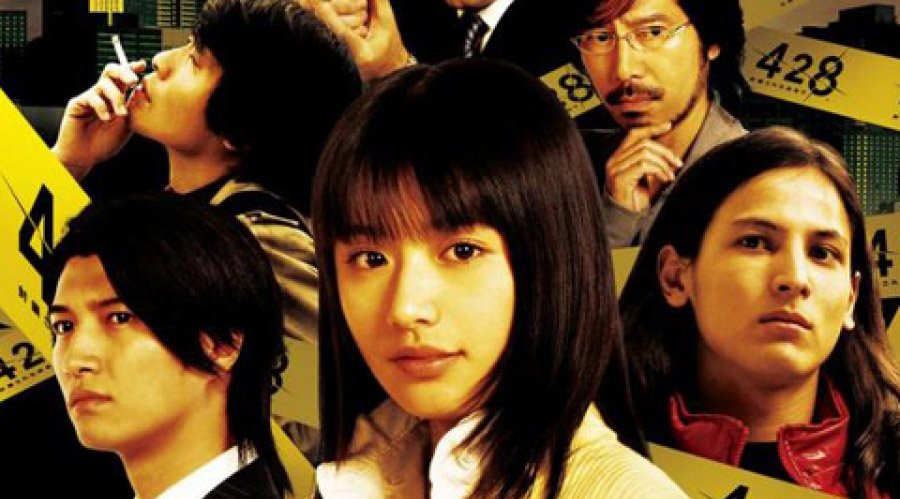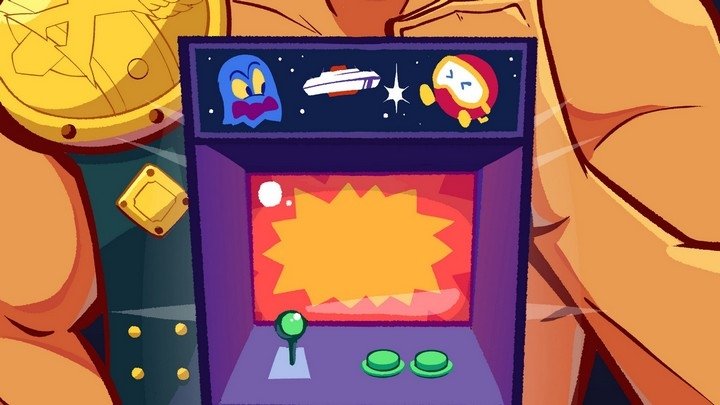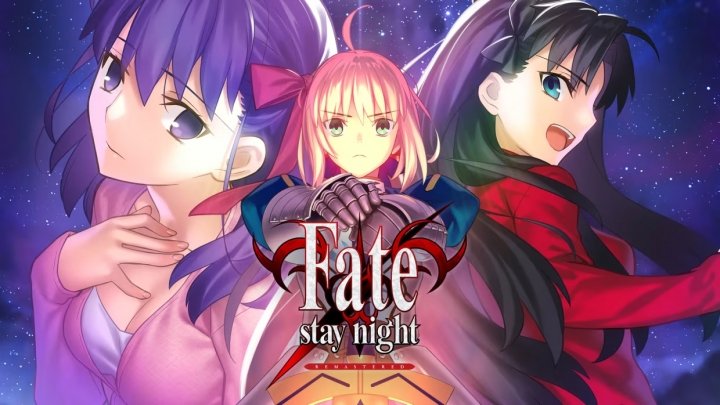Spike Chunsoft makes a bid for America with blasts from the past
As the games industry continues its polar drift into blockbuster-chasing goliaths and tiny independent startups, one interesting trend has emerged: Mid-sized Japanese publishers gaining a foothold in the U.S. market through localization partners and eventually gaining the confidence to go out on their own. Nippon Ichi seems to have kicked off the trend more than a decade ago after the Atlus-localized Disgaea proved to be a far greater success than anyone could have expected, giving them the courage to strike out and establish their own U.S. branch, NIS America. NIS America then provided a launch pad for Idea Factory, whose Neptunia games have somehow proved popular enough to inspire the formation of Idea Factory International.
Last night at a press event adjacent to Game Developers Conference 2017 in San Francisco, Spike Chunsoft threw its hat into the ring as the latest entrant into this modest arena — somewhat literally, and the company's biggest release announcement was the revival of a series that has long been regarded by many as the definitive take on video wrestling, Fire Pro Wrestling.

It's a fitting nod to history by Spike Chunsoft, a company with plenty of history itself. Its two component entities, Spike and Chunsoft, merged five years ago but had been around for decades before that. Fire Pro comes from the Spike side, which acquired the franchise in 2000 from Human Entertainment. The series helped launch Suda51's career, but its roots go back even further: Its lead creator was the late Masato Masuda, who at a very young and prodigious age helped design Nintendo's popular Pro Wrestling for NES. Meanwhile, Chunsoft was founded by another prodigy, Koichi Nakamura, who parlayed his victory with an Enix-sponsored game design contest in the early ’80s into his own development studio, which then went on to do much of the programming and design work on the first five Dragon Quest games and their spinoff franchise Mystery Dungeon. This is a company with history.
Admirably, Spike Chunsoft seems perfectly content to be, well, itself as it makes its entrée into the U.S. Fire Pro Wrestling World definitely has plenty of potential for appeal here, with its rock-solid wrestling action and incredibly deep customization options (its build-a-wrestler mode contains thousands of body parts and moves for players to combine into either highly imaginative or suspiciously familiar grapplers, such as the Donald Trump and Barack Obama proxies the devs demoed with at the press event). At the same time, it's definitely not pandering to the American obsession with technical proficiency; the screenshot above is from an actual game that will be released here in the Year of Our Lord 2017, and it appears to have been constructed of PlayStation 2 assets with one of those Eagle or SAI filters you see built into most emulators. Cutting-edge this ain't, but wrestling fans will vouch for the fact that Fire Pro's actual game mechanics offer sufficient depth to make up for its visual shortcomings.
Spike Chunsoft also announced a Steam, PlayStation 4, and Vita release of The Nonary Games, which collects of DS visual puzzle novel 9-9-9 (largely rebuilt from the ground up here to work on a single HD screen instead of two low-rez screens) and its sequel, Virtue's Last Reward. There's a bit of baby-stepping in the company's push toward independence here, as the console versions of The Nonary Games are being published in the U.S. by long-time partner Aksys (who also published last year's roguelike par excellence Shiren the Wanderer: The Tower of Fortune and the Dice of Fate). By far the company's most intriguing announcement, however, was a U.S. localization of a critically beloved Wii sound novel called 428. Going under the name Shibuya Scramble in the U.S. (a reference the famous multi-way crosswalk outside of Shibuya Station in Tokyo, where most of the story takes place), the game earned rave reviews in Japan a decade ago and is in many way could be regarded the inspiration for the Zero Escape games whose international success has emboldened Spike Chunsoft to fly solo in the West.

It's a fascinating choice for localization, since the game lacks the Saw-inspired fantasy setting of 9-9-9 and its sequels. Instead, it consists largely of live-action footage of Japanese actors and has a look about it redolent of a low-budget film from the ’90s. On the other hand, Shibuya Scramble also offers a multi-branch story for several different characters, with split timelines that allow players to jump around the narrative at will and explore the outcomes of their actions on another character's take. It sounds incredibly complex and should make for a profound localization challenge, but it also looks equally intriguing. Producer Dave Kracker promises that although some of the playable characters never directly interact, their stories all impact one another's in surprising ways. Since Shibuya Scramble lacks the puzzle elements of its progeny, the entire effort centers on the storytelling component of the game.
It's an unusual lineup for a company to lean on for its big push into the U.S. market, but if nothing else it certainly defines Spike Chunsoft as a defiantly unique publisher... and one with pride in its classic heritage. Which of course makes it A-OK in the Retronauts books.




